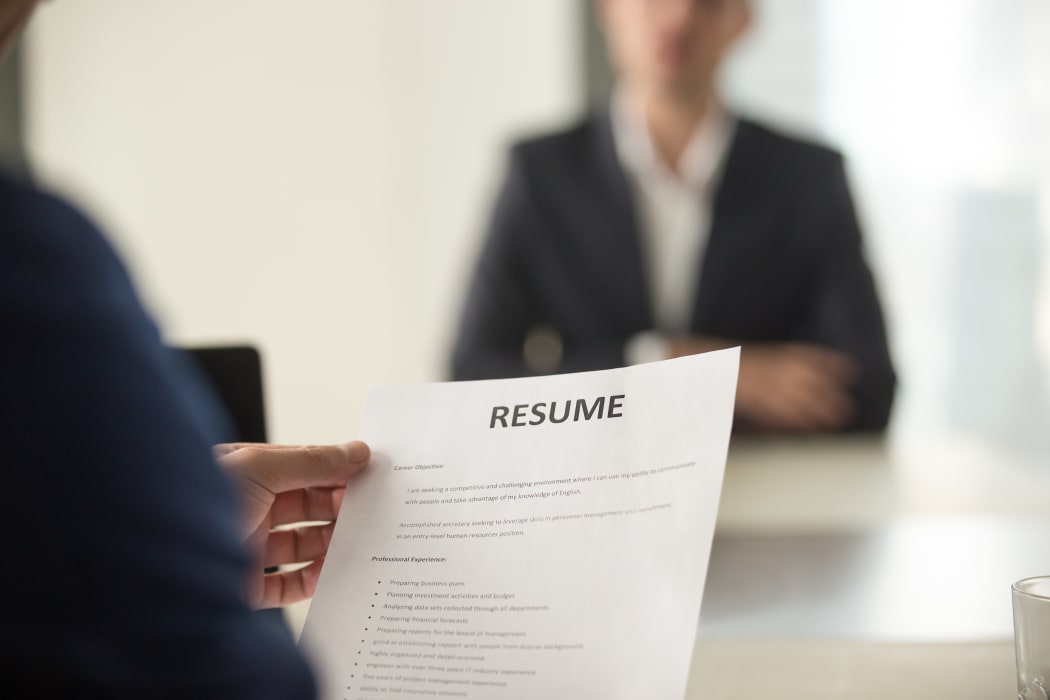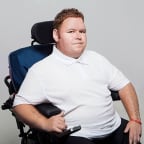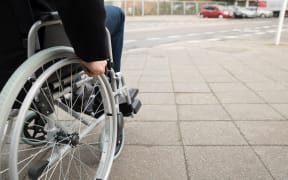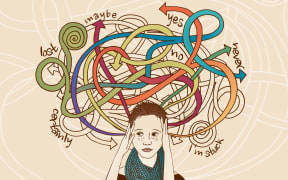A Hamilton woman says her ten year search for work has uncovered employers bad attitudes to disabled job hunters, including a recruitment agent who told her she'd only find work if someone took pity on her.

A Hamilton graphic designer says many employers shy away from hiring people with disabilities. Photo: 123rf
Emma Farrant - a qualified graphic artist from Hamilton - says she has been discriminated against based on her disability, by both potential employers and a local recruitment agency.
Farrant lives with cerebral palsy and uses crutches for mobility.
After intense frustration and embarrassment over the course of a decade-long job hunt, it all came to a head for the 31-year old at a recent meeting with the local recruitment agency.
"The only way you will get a job is if someone feels bad for you, "an agent told Farrant at the meeting, leaving her shocked and afraid to speak out due to fear of retribution.
"I was actually shocked that something so awful would actually come out of someone's mouth," Farrant said.
"I don't feel like I can say anything about it because I was scared and embarrassed."
The recruitment agency has denied the allegation.
"We take seriously our responsibility to support our clients," a spokesperson for the agency said, "our aim is to ensure any contact they have with our staff is helpful and respectful, any comment of this kind would be totally unacceptable."
Farrant said unfair health and safety barriers were often cited by employers to get out of hiring a person with a disability.
During the final stage of the recruitment process for an office admin job in Hamilton last year, Farrant was surprised to be denied the position when the employer said her disability presented too many health and safety risks.
"You are too much of a health and safety risk for us to hire you," the employer said in the interview.
Other interviews have also proved to be humiliating for Farrant, who said she had fielded uncomfortable and out of the ordinary questions that caught her off guard.
"Do you dress yourself?" one employer asked.
"Do you live with your parents?" asked another a in different face-to-face interview.
Farrant recently wrote a letter to local politicians and national disability organisations.
"I want to let people know what is happening in the community, because this happens to a lot of disabled people out there. I feel like there is a fear about disability in businesses, employers are afraid of offending or doing things wrong, so there needs to be more education out there."
Long-standing barriers for disabled New Zealanders wanting work
The 31-year old is far from alone in her struggle to secure employment, and it has been an issue well before the Covid-19 job crunch.
Just 23 percent of disabled people are in employment, compared to 70 percent of the general population, according to June's Health and Disability System report.
The Disabled Persons Assembly (DPA), a national group organisation that advocates for the rights of disabled people, see employment as a key challenge facing the sector.
Employment legislation in New Zealand states that employers cannot legally discriminate against job applicants based on disability, but DPA chief Prudence Walker said that a lack of knowledge about accountability in the legislation across private and social sectors contributed to the disproportionate gap between disabled and non-disabled in the workforce.
"Health and safety is easy to hide behind when you're not knowledgeable or confident about disability. Sometimes there can also be some fear or a genuine lack of understanding, but employers do need to challenge themselves to ensure these factors are not used as an excuse," Walker said.
In late 2019, Minister Carmel Sepuloni announced that consultation on a draft Disability Employment Action Plan was underway as part of New Zealand's overall Disability Strategy 2019 - 2023.







